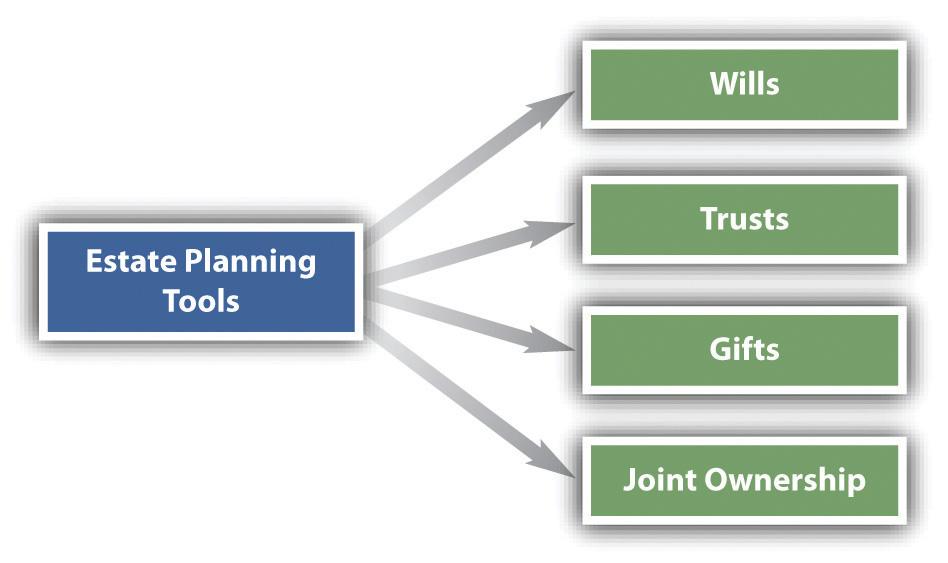In an increasingly complex financial landscape, securing your family’s future through effective estate planning has never been more critical. Estate planning is not merely the province of the wealthy; it is an essential strategy for anyone seeking to protect their loved ones from potential financial and legal turmoil. This article delves into the intricacies of estate planning, offering a comprehensive analysis of the tools and techniques that can safeguard your family’s legacy. With a focus on practical and actionable tips, we aim to demystify the process and empower you with the confidence to make informed decisions. Whether it’s minimizing tax liabilities, ensuring a smooth transfer of assets, or establishing a clear healthcare directive, these strategies will equip you with the knowledge to create a robust plan tailored to your family’s unique needs. As you navigate this critical aspect of financial management, let this guide serve as a trusted resource in securing a stable and prosperous future for those you hold dear.
Understanding Key Estate Planning Instruments
In the realm of estate planning, a well-crafted strategy involves several pivotal tools designed to ensure your family’s financial security. Wills serve as the cornerstone, allowing you to dictate the distribution of assets and appoint guardians for minor children. Trusts, on the other hand, offer more flexibility and control, enabling you to manage your assets during your lifetime and beyond. They can help in minimizing estate taxes and avoiding probate, providing a seamless transition of wealth.
Additionally, incorporating Powers of Attorney into your plan empowers a trusted individual to make financial and healthcare decisions on your behalf if you become incapacitated. Equally important are Healthcare Directives, which outline your medical preferences in critical situations. Consider the following essential instruments to fortify your estate plan:
- Living Wills – Specify your wishes regarding life-sustaining treatments.
- Beneficiary Designations – Ensure life insurance policies and retirement accounts are distributed according to your wishes.
- Revocable Living Trusts – Manage and protect your assets during your lifetime.
Strategies for Minimizing Tax Liabilities
Effective estate planning often involves implementing strategies that help reduce the tax burden on your heirs. One of the most impactful methods is leveraging gifting strategies. By gifting assets during your lifetime, you can reduce the size of your taxable estate. The IRS allows a yearly exclusion limit, which enables you to give a certain amount per recipient without incurring gift taxes. Over time, this can significantly decrease the estate’s taxable value, ensuring more wealth is preserved for your beneficiaries.
Another powerful approach is the use of trusts. Establishing a trust can offer substantial tax advantages while providing control over asset distribution. Trusts like irrevocable life insurance trusts (ILITs) or grantor retained annuity trusts (GRATs) can be particularly effective. These structures can help remove assets from your estate, thereby minimizing estate taxes. Trusts also allow for strategic income distribution, potentially reducing income tax liabilities. By integrating these tactics into your estate plan, you can secure a more financially sound future for your family.

Ensuring a Smooth Wealth Transition Across Generations
Transferring wealth effectively requires a well-thought-out strategy that considers both financial and emotional aspects. Open communication is crucial among family members to ensure everyone is on the same page regarding expectations and responsibilities. Establishing a clear estate plan can prevent conflicts and misunderstandings, allowing for a seamless transition. Here are some key elements to consider:
- Wills and Trusts: Clearly define asset distribution to avoid disputes.
- Power of Attorney: Appoint a trusted individual to manage affairs if incapacitated.
- Healthcare Directives: Specify medical wishes to guide family decisions.
- Tax Efficiency: Explore strategies to minimize tax liabilities for heirs.
- Regular Updates: Review and adjust plans to reflect life changes and new laws.
Integrating these components into your estate planning process can safeguard your family’s future and ensure that your legacy is preserved according to your wishes.

Safeguarding Assets with Comprehensive Trust Structures
Creating a robust trust structure is a strategic way to shield your assets from potential risks and ensure your family’s financial security. Trusts can be tailored to address specific needs, offering flexibility and control over how and when assets are distributed. They provide a layer of protection against creditors, legal disputes, and even family disagreements, ensuring that your wealth is managed according to your wishes. By appointing a reliable trustee, you ensure that your estate is handled by someone with your best interests in mind.
- Revocable Trusts: These allow you to maintain control over your assets during your lifetime, with the ability to modify the trust as circumstances change.
- Irrevocable Trusts: Offering greater protection from estate taxes and creditors, these trusts remove assets from your personal ownership, potentially reducing your taxable estate.
- Special Needs Trusts: Designed to support a family member with disabilities without jeopardizing their eligibility for government assistance.
- Charitable Trusts: Enable you to support your favorite causes while enjoying tax benefits and preserving wealth for future generations.
Implementing a comprehensive trust structure is not merely about asset protection; it’s about strategic foresight. A well-crafted trust can help preserve your legacy, ensuring that your family’s future remains secure and aligned with your values and intentions.



